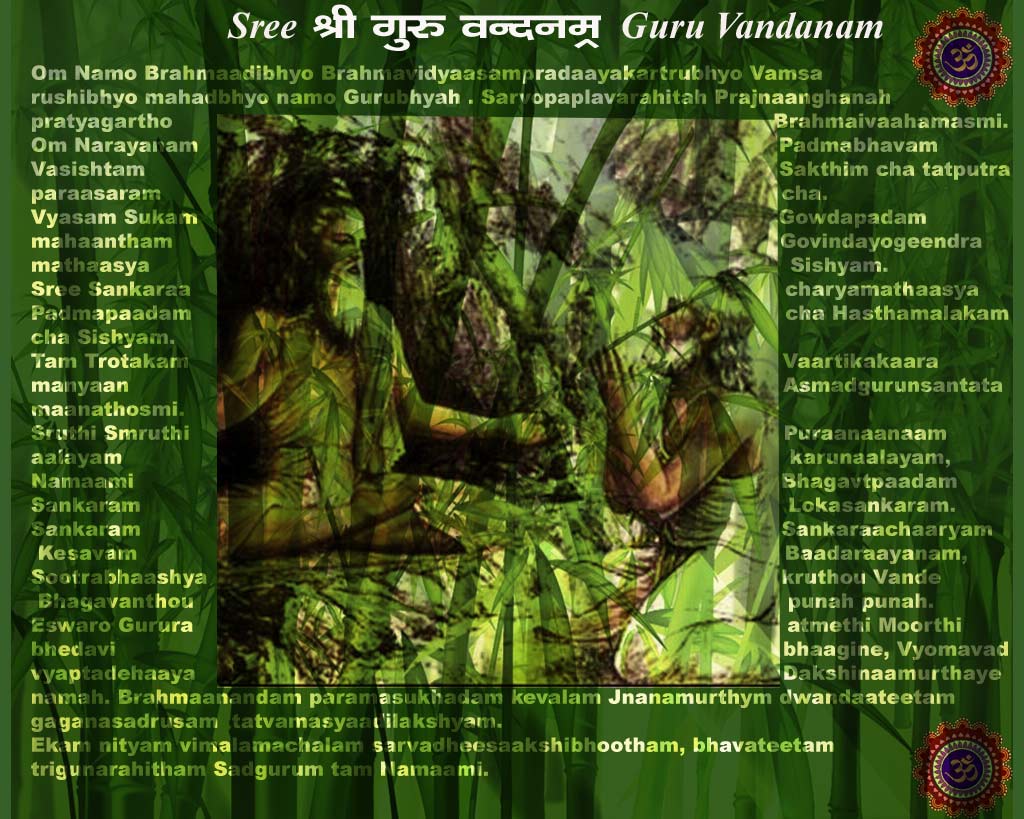Brahma's Illusion
This is a very peculiar thing. How can the original guru of our sampradaya become bewildered about Krsna? It is, inconceivable. Still, everything is intelligible through the philosophy of acintya-bhedabheda-tattva, "inconceivable oneness and difference." How can we accommodate that our original guru becomes perplexed, not only once, but twice? That is lila, a divine pastime. An example of acintya-bhedabheda-tattva is found in the way Krsna deals with his devotees. Krsna himself is independent of everything. Still, sometimes he shows himself to be completely subordinate to his servants and must do whatever they want him to. Then again, sometimes he completely ignores them. These are the spontaneous pastimes of the Sweet Absolute. Sometimes He shows absolute submission to Srimati Radharani, and again, sometimes he ignores her. This is the very nature of Krsna'slila.
God works wonders. His ways are filled with miracles. We should be prepared for that. We should be prepared that all the knowledge of this world, all our experience, will prove to be wrong. So it is said, jnane prayasam udapasya namanta eva: Be clear of your past experiences, what you have drawn from the world of the senses, empirical knowledge (pratyaksa-jnana). Your tendency will always be to try to push your way into the transcendental world on the strength of mundane knowledge. But this verse is saying, "You fallen people, your capital is the experience of this world, of the senses. But it won't do, it won't have any value in that higher plane. What is found there is a new thing, so approach that world with an open mind; understand that everything is possible with the infinite. All your expectations, your past experience, has no value. Why don't you give up trying to dodge this point?"
The transcendental world is something quite new to us. It is very difficult to get out of this superstition of so-called "truth" here. But still it is necessary that we accept that anything and everything is possible with God. He is the master of impossibilities. Possibility and impossibility are found only in our dictionary, yet even Napoleon wanted to remove the word "impossible." He said, "impossible' is a word in a fool's dictionary."
How are we to understand that the original guru of our sampradaya becomes bewildered? It is "impossible." We must suspend our "knowledge" (jnane prayasam udapasya namanta eva). We may take it that Krsna is playing hide and seek, perhaps, with Brahma, our gurudeva. It is like a game of hide and seek. Sometimes Krsna is defeating others and sometimes he is defeated.
So for this reason, Sri Chaitanya Mahaprabhu did not hesitate to give a description of the bewilderment of Brahma (brahma-vimohana-lila). Brahma was bewildered in Krsna-lila in Vrndavana, and again when Brahma went to have an interview with Krsna in Dwaraka, we find the same condition. The boundary of the sweet will of the infinite is such that anything can be accommodated there, and even Lord Brahma, the creator of the universe, can be perplexed by Krsna.
All these pastimes are like so many lighthouses showing us which way to go. Brahma is our guru, but he was bewildered by Krsna. And Vedavyasa, the universal guru, was also chastised by Narada. Narada was put to the test many times. All these examples are showing us the way, they are pointing out the direction, It is said, srutibhir vimrgyam: The authentic books about the revealed truth are only showing the way. They say: "Go in this direction. Where? We do not exactly know, but you may go in this direction." All the srutis, the guidance given by the scholars of revealed truth, give some direction": "Go this way, in this direction, and perhaps you may find it."
Madhvacarya, in his conception of how one should see the acarya, the spiritual master, could not harmonize Brahma's bewilderment. After all, he is the sampradaya guru, the foremost guru of the tradition, the Brahma-Madhva sampradaya. So Madhvacarya omitted these two chapters on the illusion of Brahma from Srimad-Bhagavatam. But Mahaprabhu did not. He accepted Sridhara Swami's edition, which is in accordance with the suddhadvaita philosophy of Visnuswami. The Visnuswami sampradaya follows raga-marga, spontaneous devotion. Sridhara Swami included those two chapters with his commentary, and Mahaprabhu accepted that, and it is corroborated in Caitanya-caritamrta. Madhvacarya could not accommodate the idea that guru may be seduced. He could not tolerate that guru may not know everything, may not be omniscient, but Mahaprabhu could.
Om Tat Sat
(Continued...)
(Continued...)
(My humble salutations to
H H Sri Swami B R Sridhar Maharaj ji for the collection)
(The Blog is reverently for all the seekers of truth,
lovers of wisdom and to share the Hindu Dharma with others on the
spiritual path and also this is purely a non-commercial blog)





Post a Comment